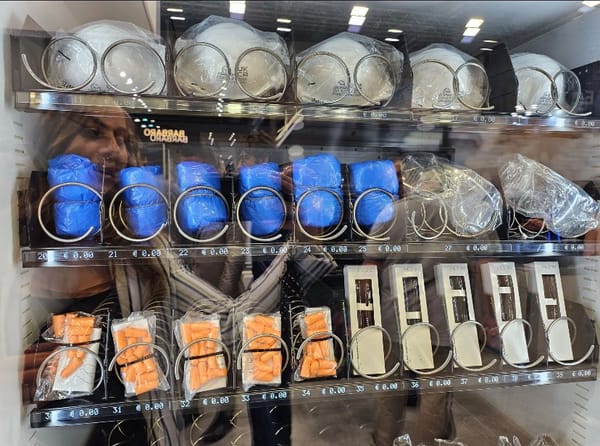Balkan Economic Integration: Progress and Challenges

The Balkan region, characterized by its rich cultural heritage and diverse economies, has long been a focal point for discussions surrounding economic integration and regional cooperation. Comprising countries such as Albania, Bosnia and Herzegovina, Bulgaria, Croatia, Greece, Kosovo, Montenegro, North Macedonia, Romania, Serbia, and Slovenia, the Balkans have made strides towards closer economic ties in recent years, but challenges persist. This article explores the progress made and the challenges faced in Balkan economic integration, highlighting government initiatives, examples of integration efforts, and current finance trends shaping the region's economic landscape.
Progress in Economic Integration
In the aftermath of the Yugoslav Wars in the 1990s, efforts to foster economic cooperation and integration gained momentum in the Balkans. The establishment of regional initiatives such as the Central European Free Trade Agreement (CEFTA) and the Southeast European Cooperative Initiative (SECI) laid the groundwork for economic collaboration among Balkan countries. Additionally, the European Union (EU) enlargement process has played a significant role in promoting economic convergence and integration in the region, with several Balkan nations aspiring to join the EU and align their economies with European standards and regulations.
Government Initiatives and Regional Cooperation
Governments in the Balkans have implemented various initiatives and policies to promote economic integration and cooperation. For example, the Western Balkans Investment Framework (WBIF), supported by the European Commission and international financial institutions, provides funding and technical assistance for infrastructure projects and regional development initiatives in the Western Balkans. Similarly, the Berlin Process, launched in 2014, aims to strengthen ties between Western Balkan countries and EU member states through enhanced economic cooperation, connectivity, and people-to-people exchanges.
Examples of Integration Efforts
In recent years, the Balkans have witnessed tangible progress in economic integration through initiatives such as the Transport Community Treaty (TCT). Signed in 2017, the TCT aims to improve infrastructure connectivity and facilitate the movement of goods and people across the region. Projects like the Belgrade-Budapest railway modernization and the construction of highways linking Western Balkan countries have received funding and support from the EU and international financial institutions, contributing to regional integration and economic development.
Another example is the establishment of the Western Balkans Six (WB6) platform, which brings together leaders from Albania, Bosnia and Herzegovina, Kosovo, Montenegro, North Macedonia, and Serbia to coordinate on key regional issues, including economic cooperation, trade facilitation, and infrastructure development. The WB6 platform serves as a forum for dialogue and collaboration, helping to overcome political and economic barriers to integration and foster a sense of shared identity and purpose among Balkan nations.
Current Finance Trends and Investment Opportunities
In the current finance landscape, several trends are shaping economic integration and investment in the Balkans. Companies like Raiffeisen Bank International (RBI) and Societe Generale have expanded their presence in the region, providing banking and financial services to individuals and businesses across the Balkan countries. RBI, headquartered in Austria, operates subsidiaries and branches in countries like Albania, Bosnia and Herzegovina, and Serbia, offering a wide range of banking products and solutions to support economic growth and development.
Moreover, the emergence of digital finance and fintech startups has opened up new opportunities for financial inclusion and innovation in the Balkans. Companies like Revolut, a digital banking platform headquartered in the UK, have gained traction in countries like Bulgaria, Romania, and Croatia, offering mobile banking, currency exchange, and payment solutions to consumers and businesses. Revolut's user-friendly app and competitive fees have attracted a large customer base in the region, driving financial inclusion and digital transformation.
Conclusion
In conclusion, Balkan economic integration has made significant progress in recent years, driven by government initiatives, regional cooperation efforts, and investment in infrastructure and connectivity. However, challenges such as political instability, unresolved conflicts, and economic disparities continue to hinder progress towards deeper integration. By addressing these challenges and seizing opportunities for collaboration and investment, Balkan countries can unlock the full potential of economic integration, fostering shared prosperity and stability in the region. With continued support from governments, international organizations, and the private sector, the Balkans can chart a path towards a more integrated and prosperous future.




